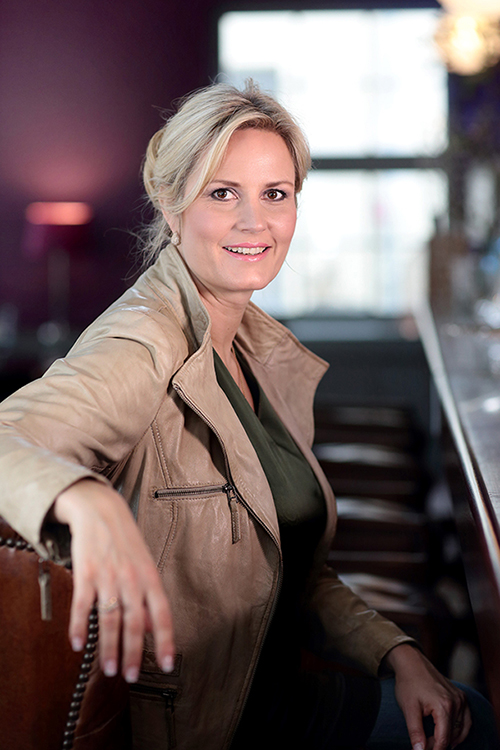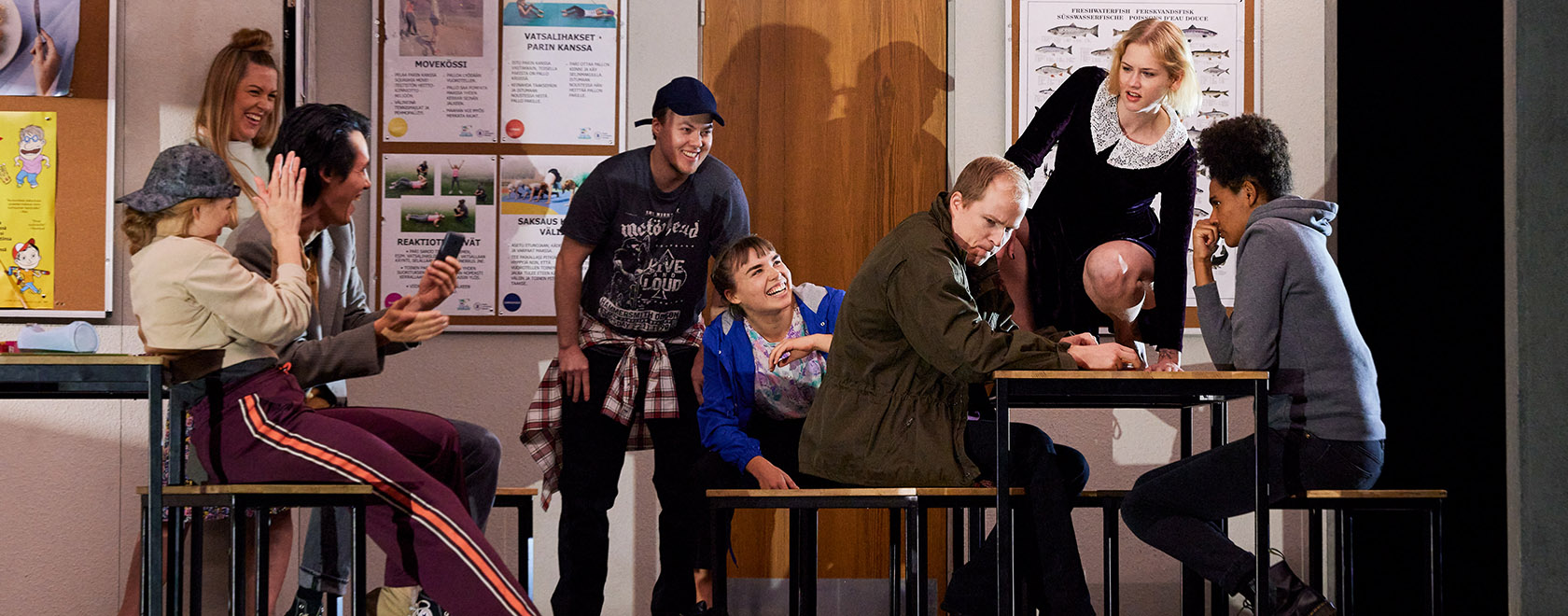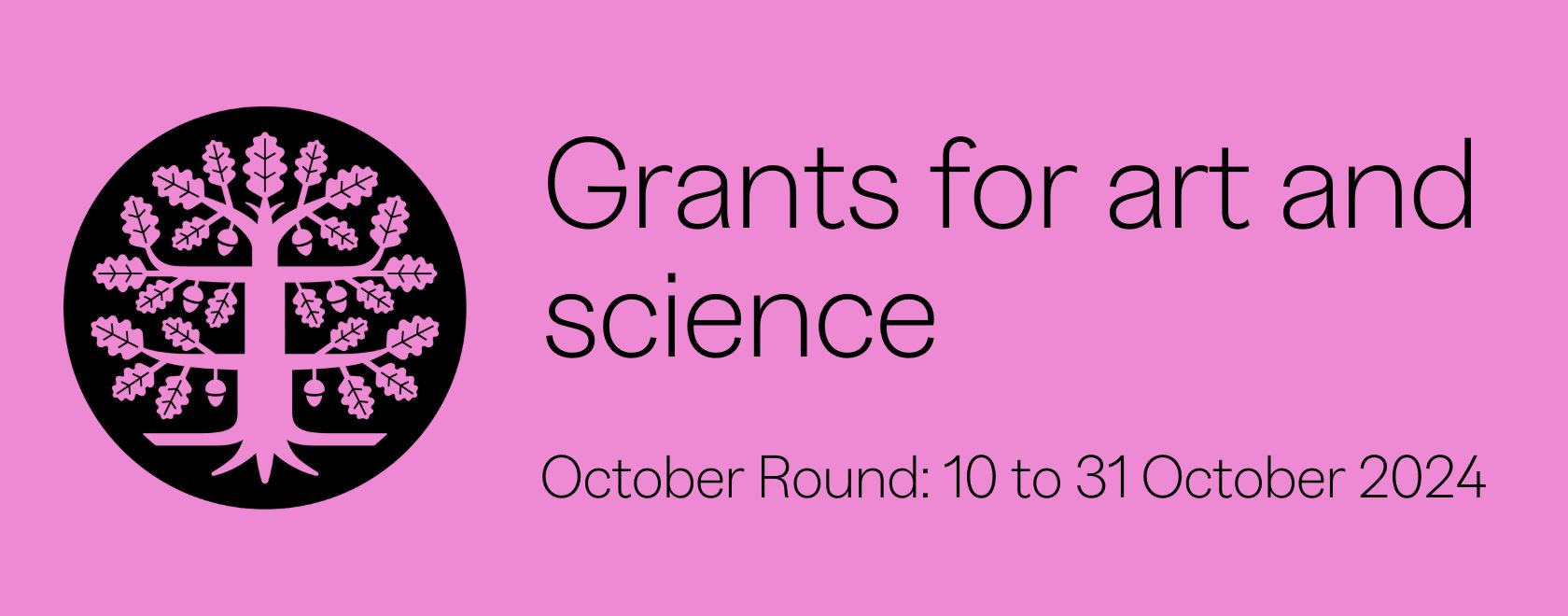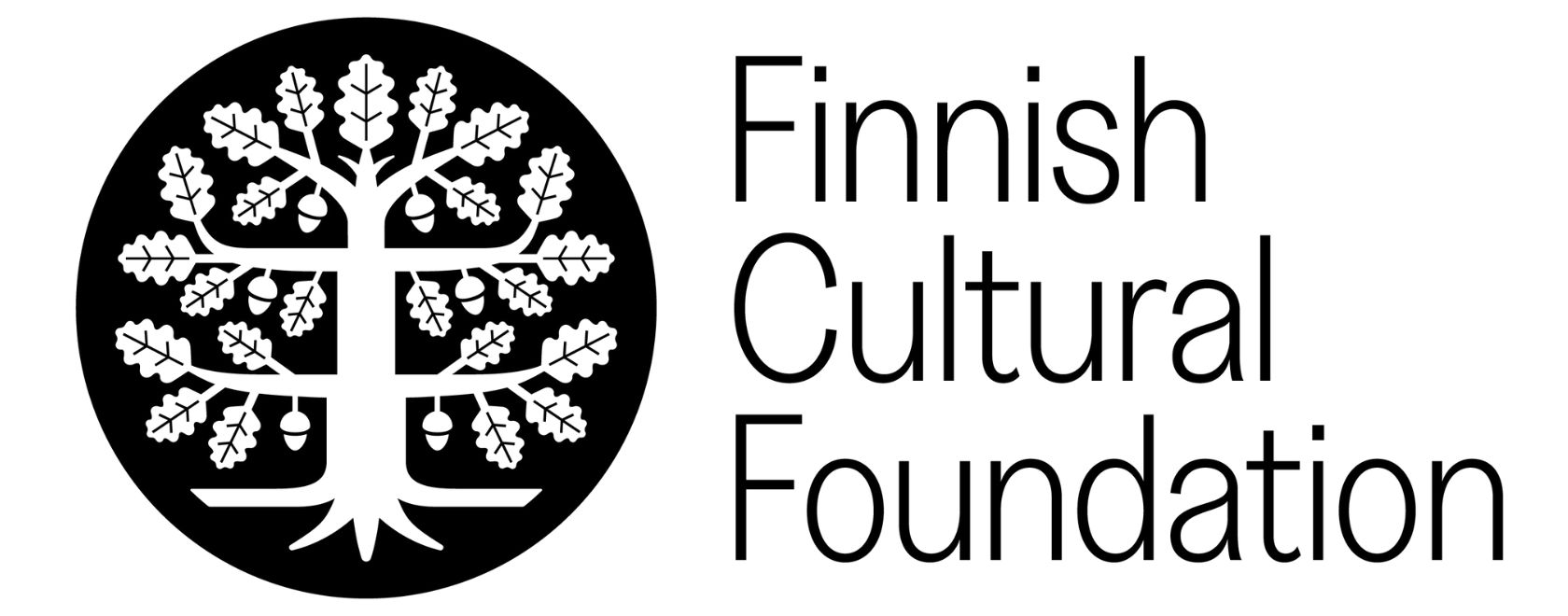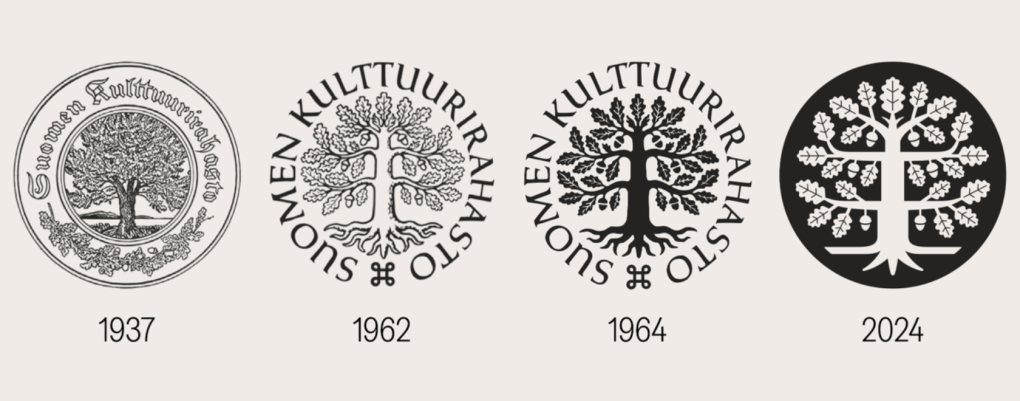The Finnish Cultural Foundation awards €29 million to science, research and the arts – one million euro in funding to research on child and adolescent mental health
The image above is from the 2024 performance Tick, Tick… Boom! by students of the University of the Arts Helsinki , where musical theatre studies have this far been offered as a minor subject. Photo by Roosa Oksaharju / Uniarts Helsinki.
The Finnish Cultural Foundation awarded large grants for applied research supporting the mental health of children and young people, having reserved €1 million in total towards it in this round of applications. Other major grants were awarded to help pilot a master’s programme in musical theatre, celebrate the centenary of the Helsinki Student Theatre and develop artificial intelligence to revitalise the Sámi language.
Susanna Pettersson“Science, research and the arts are the foundation of a pluralistic and sustainable society. Everyone who has donated money to the foundation over the last 80 years has understood the significant role that culture plays in building a future for our flourishing country. Thanks to them, we are able to provide long-term funding for science, research and art throughout Finland,”
The number of grant applications submitted for the October round has been steadily growing for several years. This time, the foundation received a record 10,706 applications. The amount of money given as grants has also increased, totalling €55 million for all of last year’s application rounds. Yet competition for the grants has become tougher than ever. In the October round, 9.2% of research and science applications and 6.7% of art applications were successful. The share of the art grants awarded rose to 47% (from 43% in 2024).
Development of the number of applications for the October round from 2016 to 2025
“Especially artists and art communities are struggling at the moment. But grants from the Finnish Cultural Foundation alone will not solve the problem. We also need to look for new ways for foundations, businesses, municipalities and the state to collaborate to broaden the funding base,” says Pettersson.
The Finnish Cultural Foundation seeks to promote opportunities for long-term research and scientific and artistic work. Indeed, it awarded 157 multi-year grants, seven of which cover four years. One-year grants accounted for just under half of all those awarded.
Applications in the October round are peer-reviewed by nearly sixty panels of experts from different research, scientific and artistic disciplines.
Significant funding for musical theatre and cultural organisations and events
The University of the Arts Helsinki received €300,000 in funding to set up a pilot master’s programme in musical theatre starting in autumn 2026. The degree programme is jointly offered by the University of the Arts Helsinki’s Theatre Academy and Sibelius Academy. The programme teaches acting, dance, musical singing, voice control and ensemble singing in a genuinely cross-artistic environment. The programme will strengthen musical theatre know-how in Finland and help develop this sector of performance art, whose audience numbers are growing rapidly.
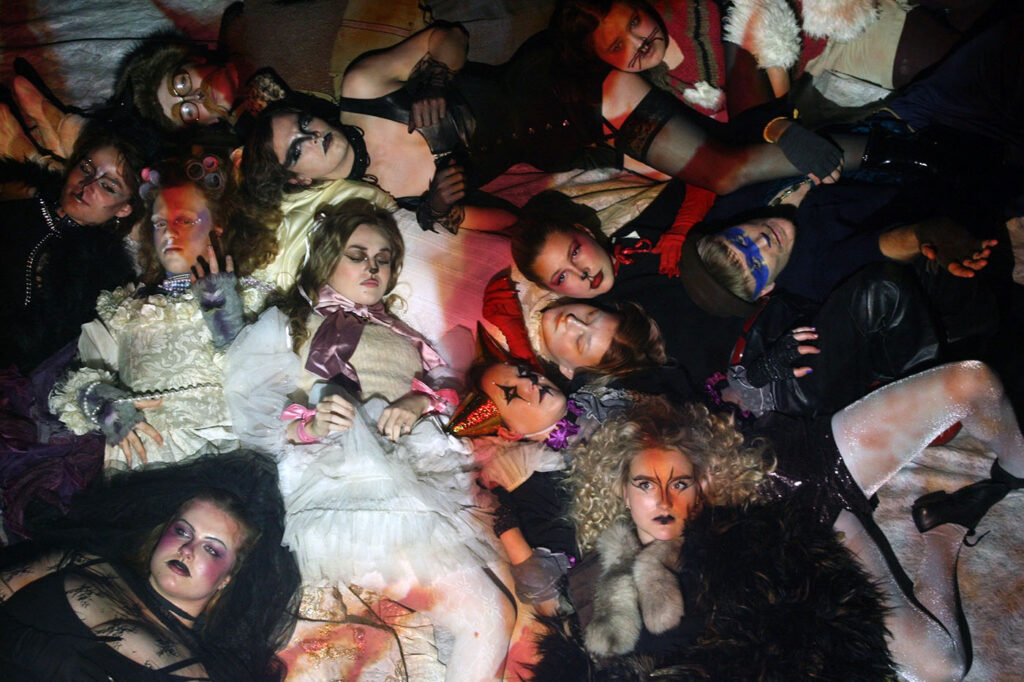
“The need for high-quality education in musical theatre in this country has long been recognised, but until now, there hasn’t been a master’s degree available in this field in Finland. This programme is the only one of its kind in the Nordic countries and therefore an important initiative,” says Susanna Pettersson.
The Helsinki Student Theatre received €100,000 for a project to celebrate its centenary. This funding will help the theatre to produce its 100th-anniversary programme and an archiving and history project. It will also allow the theatre to strengthen its financial base, which will secure its continuity. The contemporary circus group Circo Aereo received €90,000 and the Free Art School €100,000 in funding. The Artists’ Association of Finland is seeking new funding models for art with the help of a grant of €90,000.
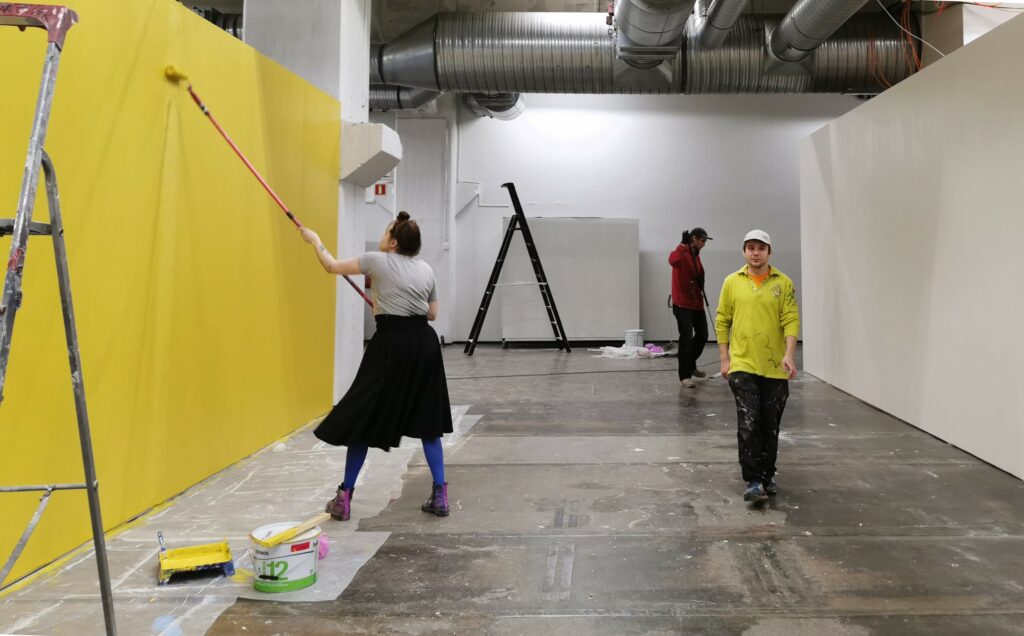
Many cultural events also received grants. Some examples include the association for chamber music in Finnish cities, Kamarimusiikkia kaupungeissa, which will be organising concerts for the Helsinki Seriös chamber music event, and Lead!,which will use its grant to organise the programme of the Fiskars Summer Festival.
Grants for endangered cultural capital and arts accessibility
The Finnish Cultural Foundation continues to support minority languages and cultures in Finland.
Professor Mikko Kurimo and his team received €200,000 for a research project that involves experts from Aalto University and the University of Lapland who specialise in speech and language models, the teaching of Sámi language and indigenous education. The aim is to use AI to develop new resources and teaching materials that will help to revitalise and strengthen the use of Sámi languages in different environments. The researchers involved work closely with Sámi communities.
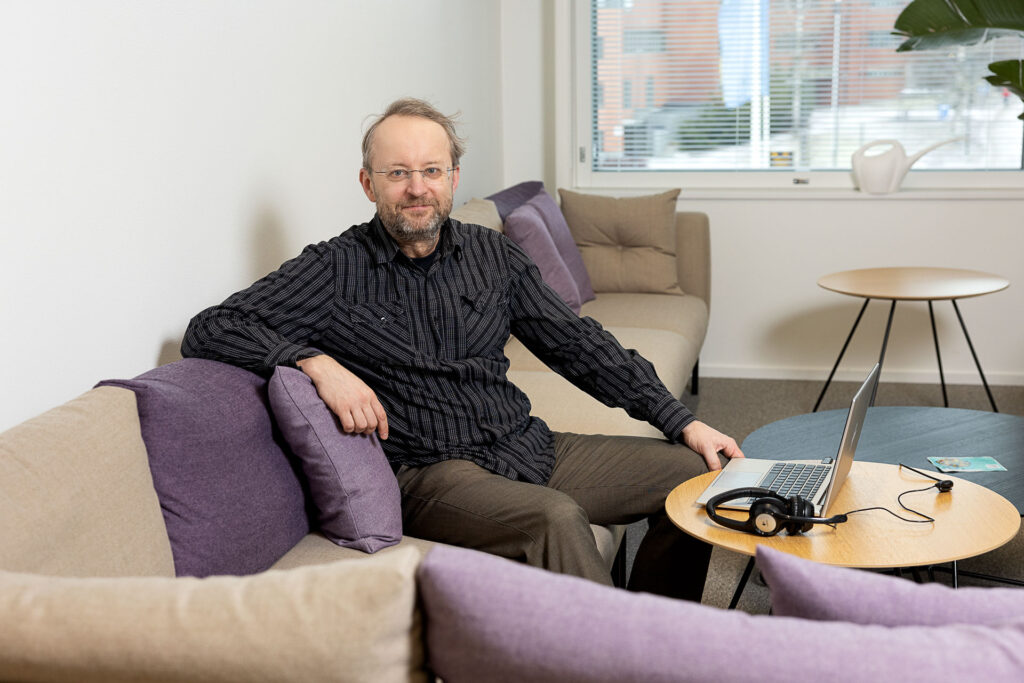
With their grant from the Finnish Cultural Foundation, the Skolt Saami Cultural Foundation will study the situation of the Skolt Sámi language in Finnish society, and the Suõnn Collective will organise an exhibition on Sámi people in Helsinki together with the Helsinki City Museum. Skábmagovat, the support association for Sámi art, received funding for organising the Skábmagovat Indigenous Film Festival in Inari, Finland. As its name suggests, the festival showcases indigenous cinematic art.
The Finnish Romani language is endangered and the number of people who speak it has significantly declined. The foundation awarded Kimmo Granqvist and his team a grant for creating new online study materials for students of Finnish Romani and Henry Lindgren for a short film in Romani. The Support Association for the Museum of Finnish Roma Culture received a grant to create a multimodal work of art called Kadonneiden kantaatti (Cantata of the Missing).
The purpose of Art for Everyone funding is to increase the opportunities of people in need of care or support to experience high-quality art and, in this way, promote cultural equality. The foundation awarded a total of €400,000 between 10 projects.
Research on children and adolescents’ mental health
In addition to general grants for research, science and the arts, the Finnish Cultural Foundation allocates funding for some specific themes. In the October round of applications, these included applied research on the mental health of children and adolescents, towards which the foundation awarded a total of €1 million.
Juhana Lassila“Over the last decade, mental health issues among children and young people have increased. They are absent from school more and more due to poor mental health, street violence is more visible than ever, and the number of suicides and death by drugs is growing. There is a lot of general research on this subject, but very little high-quality applied research.”
Six projects focusing on this subject were awarded funding.
Associate Professor Max Karukivi and his team (University of Turku) received a grant of €162,500 for research on youth psychiatric patients in need of demanding care. The aim is to conduct register-based research to produce new information on young people with severe mental health disorders and to investigate the effectiveness of group schema therapy in treating emotional instability in young people.
Loneliness is one of the most common risk factors for mental health. Professor Jari Lahti and his team (University of Helsinki), together with students in Finland, are developing a psychosocial model adapted to Finnish conditions for the prevention of loneliness. They received a grant of €225,000. Their goal is to establish the approach in the Finnish educational system.
Doctor of Health Sciences Kaisa Mishina and the Voimaperheet working group (University of Turku) received €220,000 for a study on a culturally sensitive, digitalised and universal parenting programme. The multidisciplinary working group aims to help people with an immigrant background to strengthen their parenting skills.
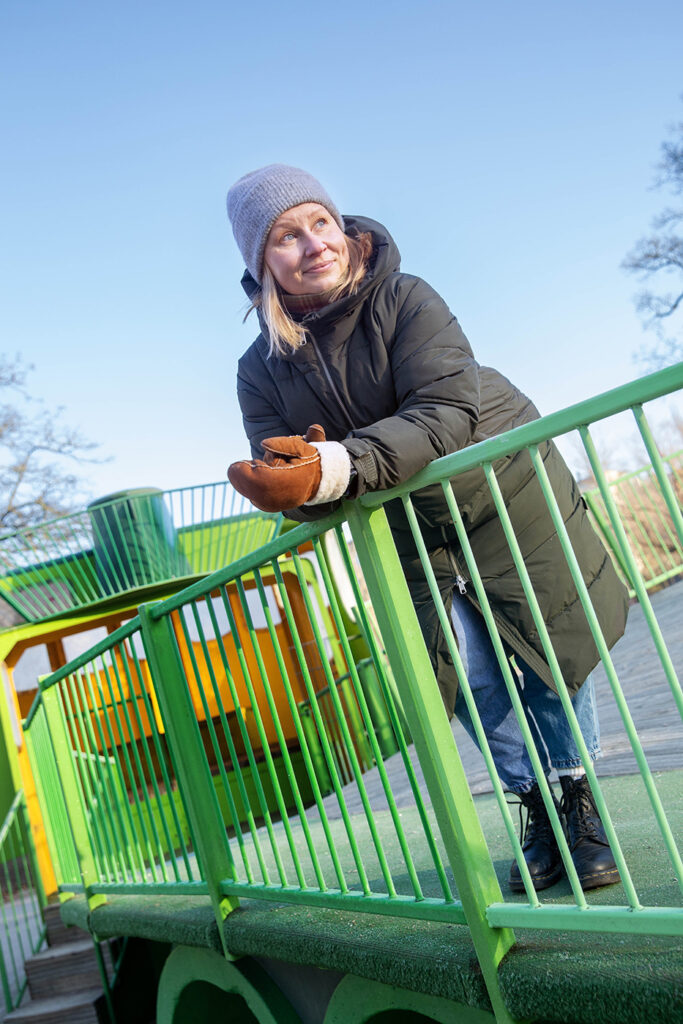
Other projects that received funding are led by Professor Riittakerttu Kaltiala (University of Tampere), Adjunct Professor Aino Saarinen (University of Helsinki) and Doctor of Medicine Juulia Paavonen (Finnish Institute for Health and Welfare).
Non-fiction and journalism
The foundation awarded more than €0.5 million for non-fiction literature and the popularisation of science and art. The non-fiction books being written with funding from the Finnish Cultural Foundation explore subjects such as the most dangerous forms of violent crime (Taina Kuuskorpi); Finnish-American workers’ songs (Karri Miettinen); reindeer welfare, use for tourism and ethical training methods (Anne Ollila); the life of Maire Gullichsen, a well-known Finnish spokesperson for the arts (Hanna-Reetta Schreck) and the history of science fiction in Finland (Vesa Sisättö).
The grant for a work that focuses on the life of a Finnish statesperson, awarded from the Wellamo Paasikivi Fund, went to Making Movies Oy for a documentary on the 1973 derogation law.
The foundation also supported science and art journalism: Long Play online publication received €100,000 for its cultural journalism, and Kultti, the Association for Cultural, Scientific and Advocacy Magazines, received the same amount for a project focusing on the digitalisation of magazines.
The Finnish Cultural Foundation’s Eminentia grant is intended for sharing in written form a person’s research-related, scientific or artistic life’s work and the experience gained from it to benefit others. Eminentia grants were awarded to children’s and young adults’ author Tuula Kallioniemi, Doctor of Fine Arts and Dramaturg Marja-Riitta Koivumäki-Odd, Cultural Journalist Kirsikka Moring and Professor Kari Raivio, the University of Helsinki’s former rector and chancellor.
Long-term work in research, science and the arts
A multi-year grant allows the grantee to focus on their research, scientific or artistic work for a period of 2 to 4 years. The foundation awarded such grants, among others, to authors Hanna-Riikka Kuisma, Erkka Mykkänen and Johanna Venho, as well as to artists Henna Aho, Zagros Manuchar, Kasper Muttonen, Bogna Wisniewska and Outi Pieski. Other recipients of multi-year grants include choreographer and performance artist Masi Tiitta, glass artist Alma Jantunen, choreographer Jarkko Mandelin, playwright Pipsa Lonka, screenwriter Anna Brotkin and filmmaker and choreographer Ima Iduozee. In the field of music, multi-year grants were awarded, among others, to writer and musician Niillas Holmberg, opera singer Minna-Leena Lahti, violist Hanna Hohti, accordionist and conductor Janne Valkeajoki, and composers Kerkko Koskinen and Alex Feeman.
The recipients of multi-year grants for doctoral studies include Charlotta Palmroos, MSc. (Political Science), whose work focuses on AI-assisted weapons systems and international humanitarian law, MSc. Myungjin Moon who studies masculinity and Finnish conscientious objectors in care work, and MSc. Juuso Huovila who studies the diagnostics of sleep disorders. Ilona Hohteri, MSc. (Agriculture and Forestry), is studying the views of citizens, forest owners and forest stakeholders on forest-related objectives in Finland.
Multi-year grants for postdoctoral research were awarded, among others, to PhD Riikka Niemelä and her research on the history of artist women creating Finnish experimental art, and PhD Andrew Agbaje, who studies the impact of vaping and e-cigarette use and the resulting risk of cardiac, brain, kidney and liver damage in young people.
Finnish Cultural Foundation's grants 2025
Grants awarded
€29 millionGrantees
831Applications
10,706